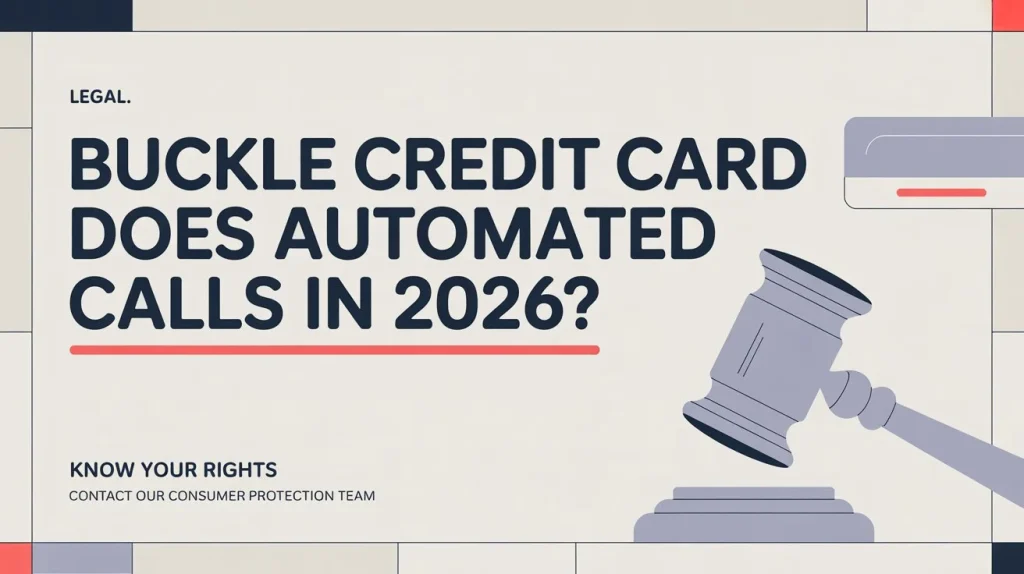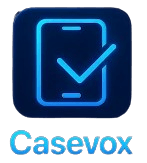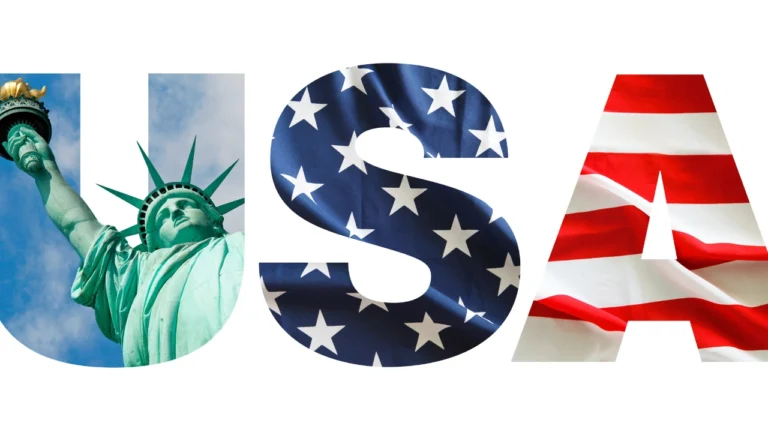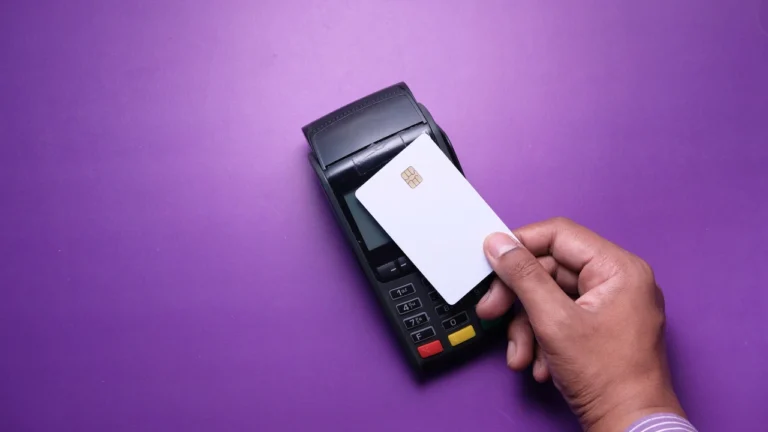Debt collectors calling about your Buckle credit card?
Are you getting repeated calls about an unpaid Buckle credit card?
Do the calls come early in the morning, late at night, or several times a day?
If you’ve fallen behind on your Buckle card payments, the account may be handled by Comenity Bank or transferred to a third-party debt collector. While collection attempts are legal, harassment is not, and that distinction matters.
Falling behind can increase balances through interest and late fees, but it does not take away your rights.
Why Buckle Credit Card Accounts Go to Collections
The Buckle credit card is issued and serviced by Comenity Bank. When payments are missed for an extended period, Comenity may:
Attempt in-house collection
Assign the account to an external collection agency
Escalate recovery efforts if the balance remains unpaid
What they cannot do is pressure you through abusive or deceptive tactics.
Buckle Credit Card Basics (What Cardholders Should Know)
| Feature | Details |
|---|---|
| Retailer | Buckle, Inc. |
| Card Issuer | Comenity Bank |
| Card Type | Store credit card |
| Rewards | Points on Buckle purchases |
| Risks | Late fees, interest, possible collections |
The Buckle rewards program benefits frequent shoppers, but missed payments can quickly offset those rewards through added charges.
When Collection Efforts Cross the Line
Once a third-party debt collector is involved, federal law places strict limits on their behavior.
Conduct That Often Triggers Consumer Complaints
| Collector Action | Legal Standing |
|---|---|
| Calling repeatedly to pressure payment | Prohibited |
| Threatening arrest or jail | Prohibited |
| Misrepresenting the amount owed | Prohibited |
| Pretending to be a lawyer or government agent | Prohibited |
| Excessive daily call volume | Prohibited |
| Using abusive or profane language | Prohibited |
If any of this has happened, the issue is no longer “late payment” — it’s potential misconduct.
Important Legal Distinction (Often Missed)
If Buckle or Comenity Bank contacts you directly → FDCPA does not apply
If a third-party collector contacts you → FDCPA does apply
This difference is critical when evaluating your options.
Debt Collection Laws That Apply in 2026
| Situation | Governing Law |
|---|---|
| Harassing collection calls | FDCPA |
| Automated or robocalls/texts | TCPA |
| Pattern enforcement & penalties | FTC |
| Consumer complaint handling | CFPB |
| Extra state protections | State consumer law |
Common Phone Numbers Linked to Buckle Credit Card Calls

Consumers have reported calls from numbers such as:
1-866-230-0418
1-800-695-1788
800-607-9788
(800) 626-1255
(888) 427-7786
Collectors often rotate numbers. A new caller ID does not mean a new company.
Robocalls, Text Messages & the TCPA
If calls or messages are:
Automated
Repetitive
Sent without consent
They may fall under the Telephone Consumer Protection Act (TCPA) — a separate law from the FDCPA.
TCPA Issues Commonly Reported
| Issue | Why It Matters |
|---|---|
| Automated dialing systems | Requires consent |
| Repeated robocalls | Restricted |
| Unwanted debt-collection texts | Regulated |
| Calls after opt-out | Potential violation |
TCPA violations can carry separate penalties, even if the debt itself is valid.
What You Can Do Right Now
You don’t need to argue or explain your situation on the phone.
Practical steps that actually help:
Request written debt validation
Document call dates, times, and behavior
Stop verbal communication if harassment continues
Speak with a consumer protection attorney before making payments
Enforcing your rights does not mean refusing to pay — it means demanding lawful conduct.

About Us
Consumer Rights Law Firm, PLLC is a law firm that specializes in helping clients who are facing harassment from debt collectors in any form, including telephone communication.
If you want to learn more about how to stop harassing calls from Buckle, call us at 📲(877) 700-5790 for immediate assistance. Alternatively, you can visit our website to explore more resources and support.
Success Stories
- Derek and Matt, are some of the best people I’ve ever met. I had a bad situation which they were quickly able to help get resolved. The open communication and fast response time, along with their patience and vast knowledge really helped ease my mind and confirm I made the right choice. Thank you Consumer Rights Law Firm!
- I had a collection from PenFed and ARS had bought it. They harrassed me everyday with phone calls….up to 10 a day. It became annoying so I contacted Consumer Rights Law Firm and talked with Matt. He got back to me right away and by the next day, the phone calls had stopped…this is all I asked for was to have them stop harrassing me. Fast forward a couple weeks and Matt informs me that my debt is cleared and I do not owe them a single penny. They are paying the legal fees and it will be off my credit report within 30 days. How freaking great is this. This firm is AMAZING!! I highly recommend them if you have any issues like mine. 100% top notch.
- Had a horrible experience with a debt collector. Threats and constant phone calls – it was a living nightmare! Got hold of the Consumer Rights Law Firm and within 72 hours all the calls and threats stopped!!! Within a few months – the debt collector paid my debt and all the costs associated with the resolution!!! I can’t thank this law firm enough and I wish I could recommend them by as many stars as there is in heaven!!!
FAQs
Q1: Why are debt collectors calling about my Buckle credit card?
A1: Debt collectors call if you’ve missed payments on your Buckle credit card, often hired by Comenity Bank to collect the debt.
Q2: Can Buckle or Comenity Bank legally hire debt collectors?
A2: Yes, if you’re behind on payments, they can hire debt collectors, but those collectors must follow federal debt collection laws.
Q3: What laws protect me from debt collection harassment?
A3: The Fair Debt Collection Practices Act (FDCPA) and the Telephone Consumer Protection Act (TCPA) protect you from abusive collection tactics.
Q4: What actions by debt collectors are considered harassment?
A4: Threats, abusive language, excessive calls, false representation, and misleading statements violate the FDCPA and count as harassment.
Q5: Does the FDCPA apply to Buckle directly?
A5: No, the FDCPA only applies to third-party debt collectors, not Buckle or Comenity Bank when contacting you directly.
Q6: What can I do if I feel harassed by debt collectors?
A6: You can file a complaint with the FTC, your state attorney general, or consult a lawyer to understand your rights.
Q7: What is the Buckle credit card issued by Comenity Bank?
A7: It’s a store credit card offering rewards and discounts for Buckle shoppers but can lead to debt if mismanaged.
Q8: Which phone numbers are commonly used by Buckle or debt collectors?
A8: Common numbers include 1-866-230-0418 and 1-800-695-1788, though many other numbers may also be used to contact you.
Q9: How does the debt collection process work?
A9: It begins with missed payments; Comenity Bank may contact you or hire third-party collectors to recover the debt owed.
Q10: Can I stop robocalls from Buckle-related debt collectors?
A10: Yes, the TCPA allows you to take legal action against unwanted robocalls or automated messages from debt collectors.







